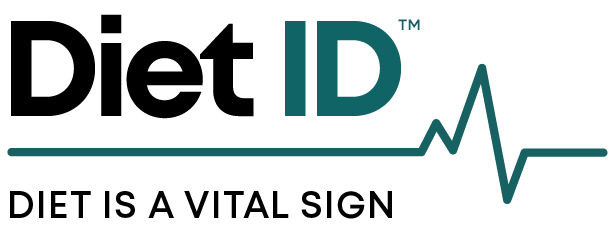Good hydration habits aren’t just about drinking water when you’re thirsty. Your body needs fluids every day, and a lot of it: According to the US Geological Survey, about 60% of the human adult body is water. We need to constantly replenish it by what we eat and drink.
Water in the body has myriad functions; it’s present in every cell and is needed for every biochemical reaction. Water helps build compounds and tissue (hormones, nueurotransmitters, bone, muscle, etc.), regulate body temperature, transport oxygen and molecules, assist in digestion, provide cushioning, eliminate waste, and lubricate joints. When we’re dehydrated, the body triages its water supply to keep us alive, often leaving us at risk for other health issues, especially over time.
How much do we need? In general, an adult male needs a bit over 3 quarts a day; women, a little over 2 quarts. Of course, this varies with size (especially muscle mass) and activity level. This water can come in the form of liquids as well as foods. The highest water foods are, of course, fruits and vegetables, but also cooked grains (especially intact, as opposed to flours) and legumes. Think about how foods like oats, rice and dried beans expand when you cook them or how much spinach shrinks: this shows you how much water solid food can pack in.
The “drink 8 glasses of water a day” is a general guideline to help remind you to stay hydrated; there’s nothing magical about the number 8. Thirst is an indicator that you need water, of course, but as it’s not the best gauge of fluid needs, it shouldn’t be your main guide. With body variations, differences in diets, and fluctuations in activity/sweating, there is really a wide range that would be acceptable; healthy bodies are great at regulating fluids. When we are short of fluids, the body recirculates fluid, and when we have too much, the body creates output, mainly in the form of urine. In fact, the urine test is a good way to tell your own hydration status — pee into a clear cup to see whether it is light yellow (you’re good!) or dark yellow or orange (you need to drink more!).
Need help getting more water? Here’s some food (water?) for thought.
Good hydration supports important bodily and mental functions. Getting enough water helps:
increase quality of sleep
improve mood
prevent injuries by protecting and lubricating joints
regulate appetite to prevent overeating
fight fatigue and keep energy levels up
prevent headaches
increase your movement (all those trips to the loo add up!)
Good old water is fine for hydration. Bottled is okay (recycle that bottle!), and filtered is even better, both for the environment and your wallet. Even if you work out regularly, you likely don’t need vitamin waters or electrolyte water; these are well-marketed but are designed for endurance athletes.
That said, food (and beverages) should be enjoyed, and sometimes plain water is just plain boring. Flavored or plain seltzer (no sugar or artificial sweetener), tea, coffee, and (low sodium) broth all count! Avoid soda, juice, sweetened beverages, diet drinks, and added sugars. Alcohol is fine in moderation but does not count toward fluid intake. Raw vegetables and fruits are in the neighborhood of 90% water, so these count as a water bonus.
Treat yourself to fruit- and mint-infused waters, which are as refreshing as they are beautiful.
Tips for smart hydration:
Drink a big glass of water first thing when you wake up. Your body is dehydrated after sleeping for many hours, and needs some fluids. Plus it will help you ease into the day and maybe even help you make better breakfast choices.
Try sparkling water to add some excitement to your H2O. (Try a SodaStream for sparkling water at your fingertips.)
Add mint leaves and/or pieces of fruit to your water for flavor.
Hot water with lemon and herbal tea are great cold weather alternatives to plain water.
Iced herbal teas are awesome in hot weather — just prepare strong tea, keep in fridge or in an insulated bottle on the go, and drink over ice.
Keep a reusable water bottle with you at all times. If water is in reach, you’re much more likely to drink it (and it helps you avoid sugary beverages too).
Oftentimes we think we need a snack when really we’re just thirsty. Grab a glass of water before hitting the pantry. You might realize you don’t need that snack after all.
Make a habit of drinking a big glass of water while you cook dinner.
Use frozen fruits instead of ice cubes to cool your water while adding flavor and nutrients.





